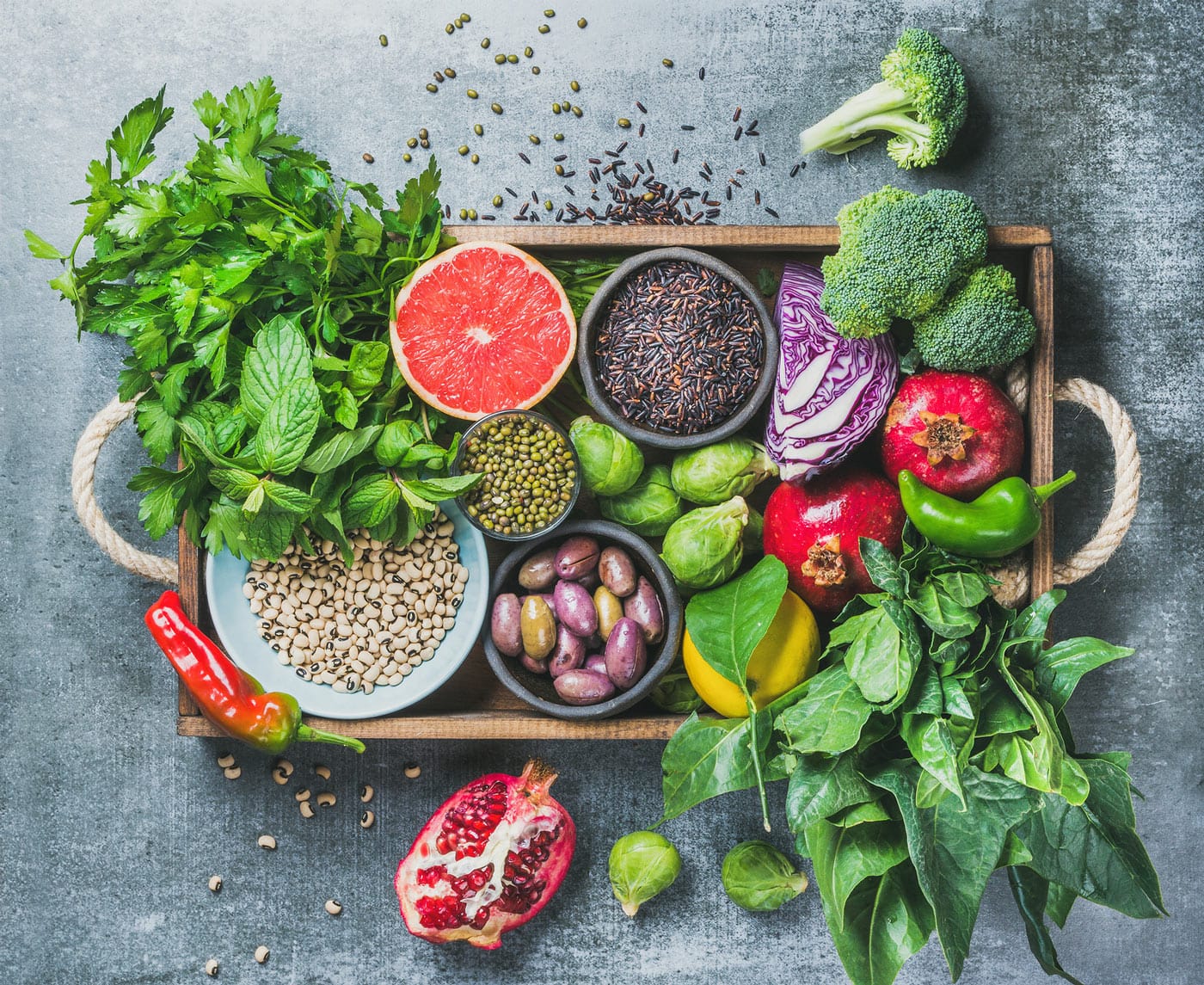
Antibiotics, when used appropriately and when essential, can be life-savers. However, their capacity to save lives has been endangered by the emergence of an antibiotic-resistance crisis for humans. What has contributed to the crisis is not only the over-prescription of antibiotics as a first resort medicine, but also the routine mass medication of farm animals to compensate for the fact that animals are kept in intensive conditions, where risk of disease runs high.
“Antibiotics come with negative effects on the gut which can impact our general health and immunity.”
Increasingly, mainstream advice is that the use of antibiotics should be sparing. Natural health practitioners offer a range measures to help mitigate the adverse effects of antibiotic use (or overuse). This is because antibiotics come with negative effects on the gut which can impact our general health and immunity.
So how can we reduce our dependence on antibiotics in the first place? A three-pronged approach can help: [1] promoting natural immunity; [2] reducing exposure to infection; [3] using natural remedies.
1. Promote Natural Immunity
- Eat a diet abundant in organic, seasonal vegetables, fruit and raw (or activated) unsalted nuts and seeds. This will ensure optimal levels of vitamin C, bioflavonoids, vitamin A and zinc for immune function.
- Remove white flour and added sugar from your diet to further boost immunity
- Eat plenty of onions, garlic, turmeric and spices which provide extra immune-boosting and virus- and bacteria-fighting phytonutrients (beneficial plant chemicals) to your meals.
- If you eat animal produce, this is yet another reason to opt for organic, in order to make sure you are not being routinely dosed with antibiotics second-hand.

2. Reduce exposure to infection

- Wash your hands regularly with ordinary soap and warm water.
- Do not put your fingers in your eyes, mouth or nose, or in any open sores or cuts if you haven’t washed your hands first (and wash them again afterwards). Most potential pathogens enter through these areas.
- Reduce your contact with any allergens or triggers; these could be true allergies such as allergy to animal hair or peanuts, for example, or something not so easily identified, such as ‘sick-building syndrome’ whereby mould or a contaminated air conditioning unit is contributing to ill-health and infection.
- Have repeated or low grade chronic infection investigated for environmental or intolerance-related causes, as continued stress on the body can undermine health.
3. Consider Natural Remedies
- Severe infections and infections unresponsive to natural treatments must be referred to your GP or other relevant medical specialist.
- Your natural health practitioner can support you on the road to health by indicating natural remedies that are appropriate, and in the correct dosage for you.
For example: - Oregano oil, Echinacea, Goldenseal, Astragalus, Andrographis, Elderberry, cranberries and various other herbs can be chosen to suit the site and type of infection.
- Manuka honey, tea tree and lavender essential oils are all useful in combating skin infection.
Acne and other skin infections can respond well to bicarbonate of soda, salicylic acid and apple cider vinegar topical applications.
Belladonna, Ferrum phos and Pulsatilla are some useful homeopathic remedies which, appropriately prescribed by a homeopath, can support a return to health from issues such as fever, sore throat and styes. Also consider homeopathic constitutional prescribing.

“Eat a diet abundant in organic vegetables, fruit and raw, unsalted nuts for optimal levels of immune functionality.”
Over-dependence on antibiotics can occur when people feel unable to get to the root cause of their health problems and this can create a vicious circle of increased antibiotic resistance and diminishing returns.
CNM natural health practitioners are trained to help their clients identify contributory factors; to offer guidance on specific dietary and lifestyle choices; and to suggest appropriate natural therapies which can promote healing and wellness. If you are interested in training to become a natural health practitioner, attend one of our open events at a college location near you.



